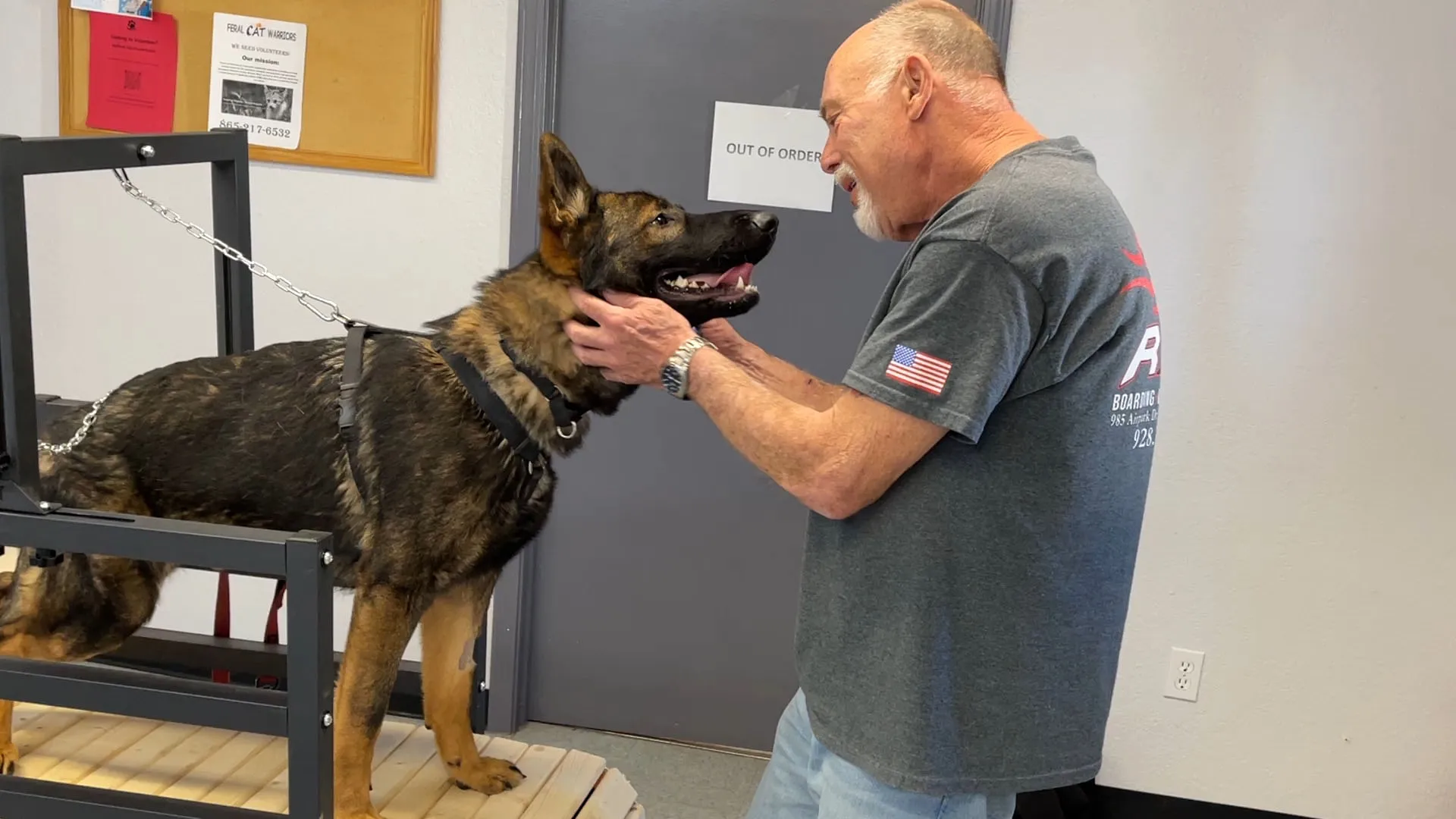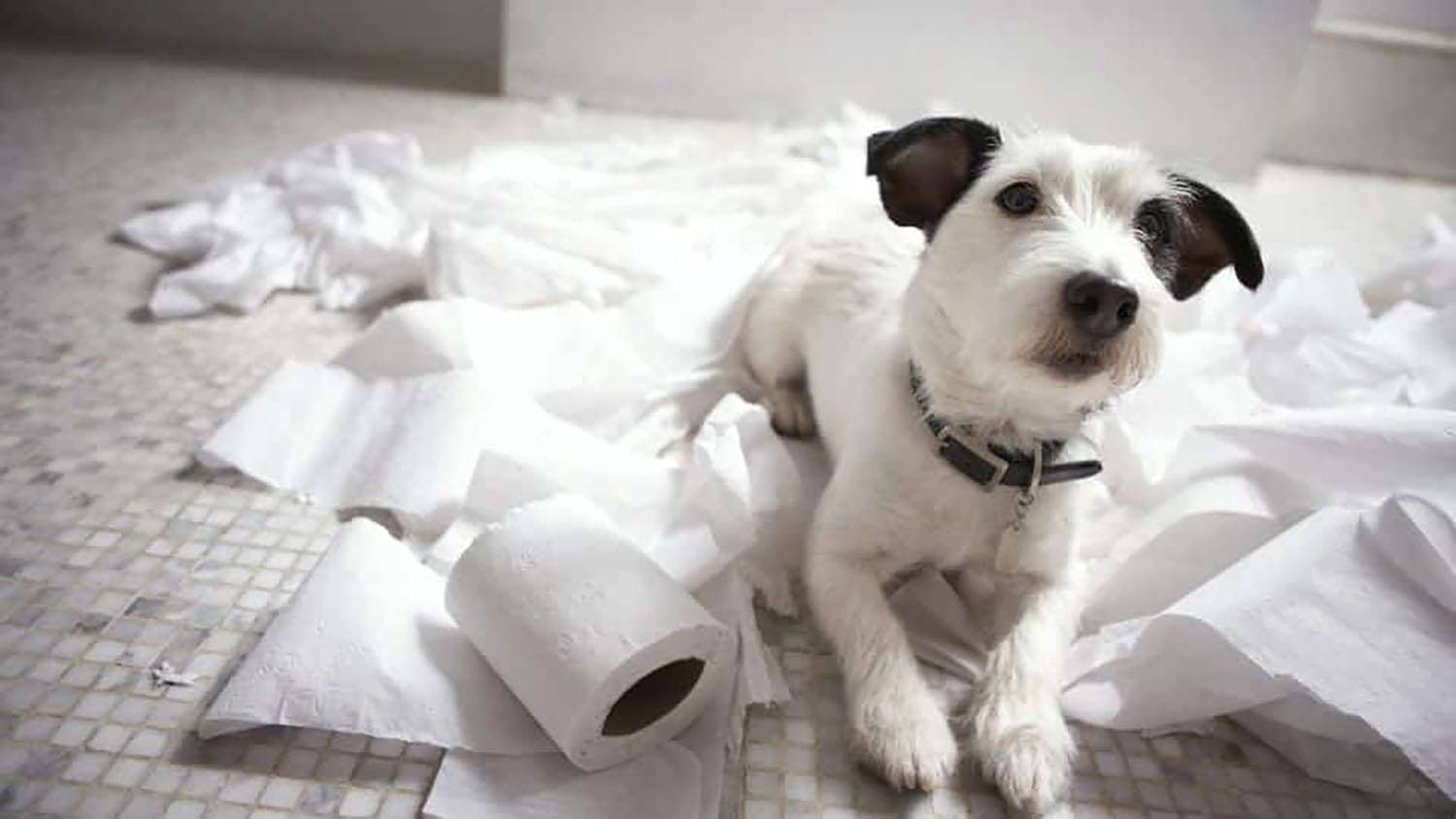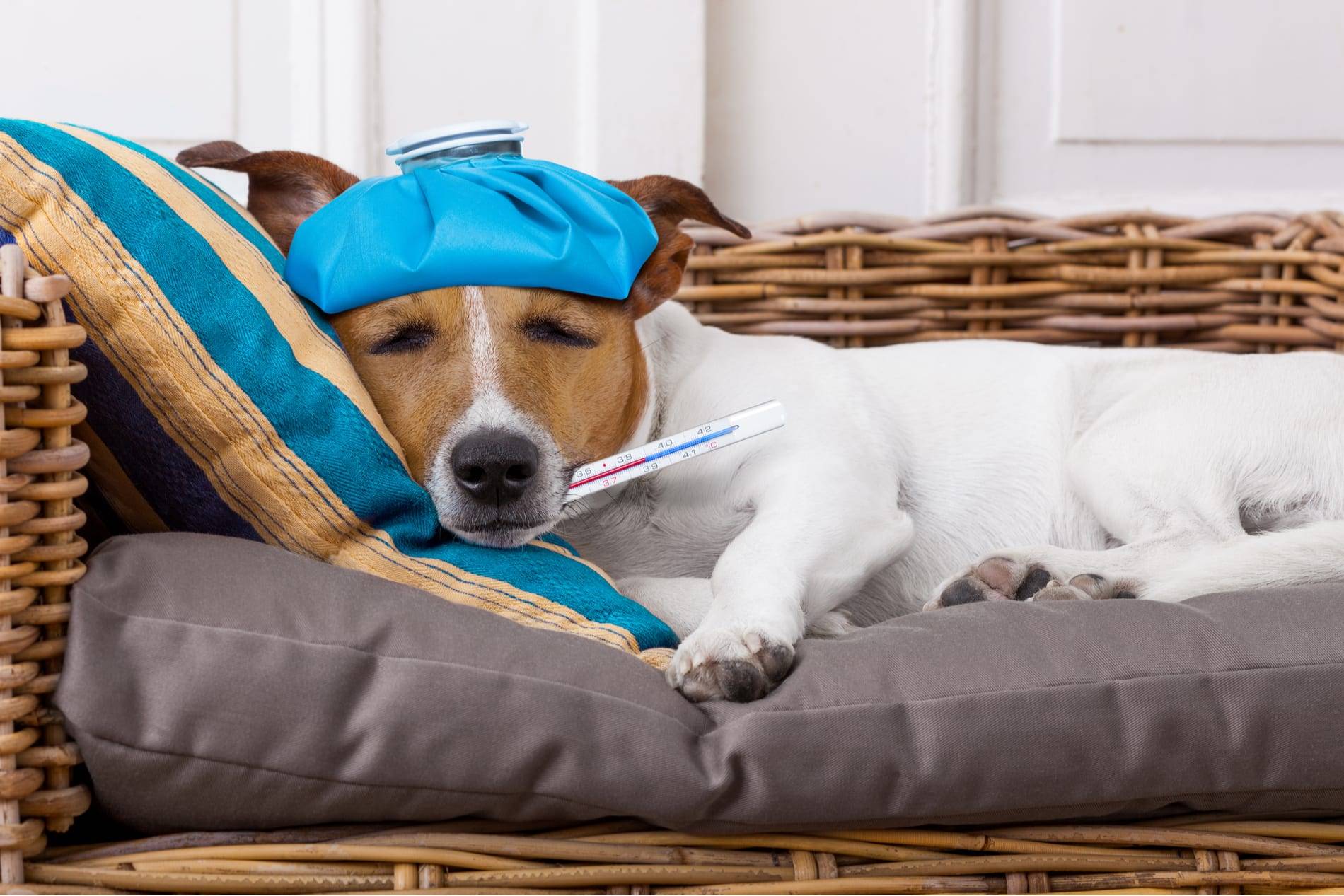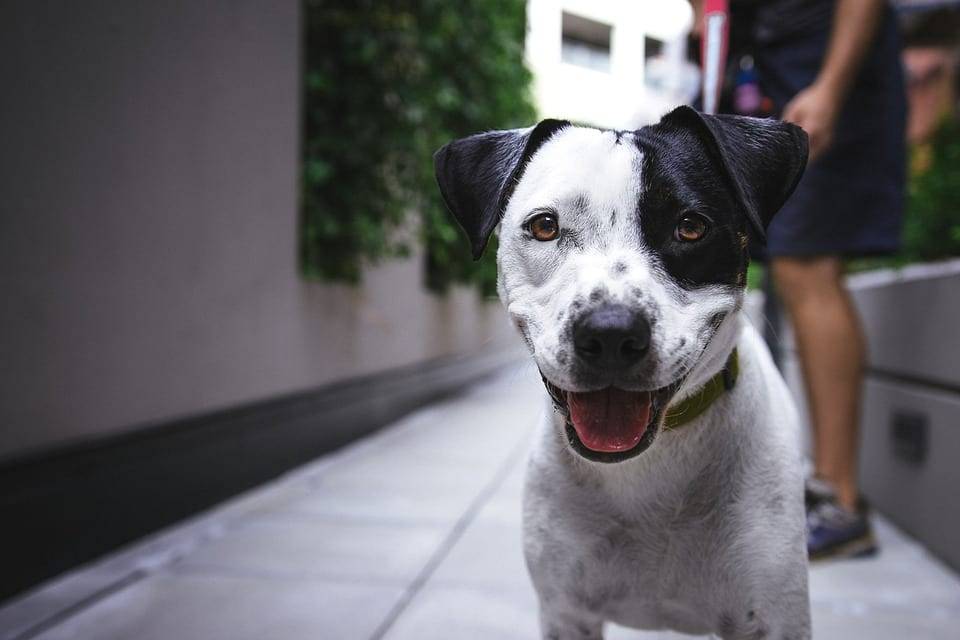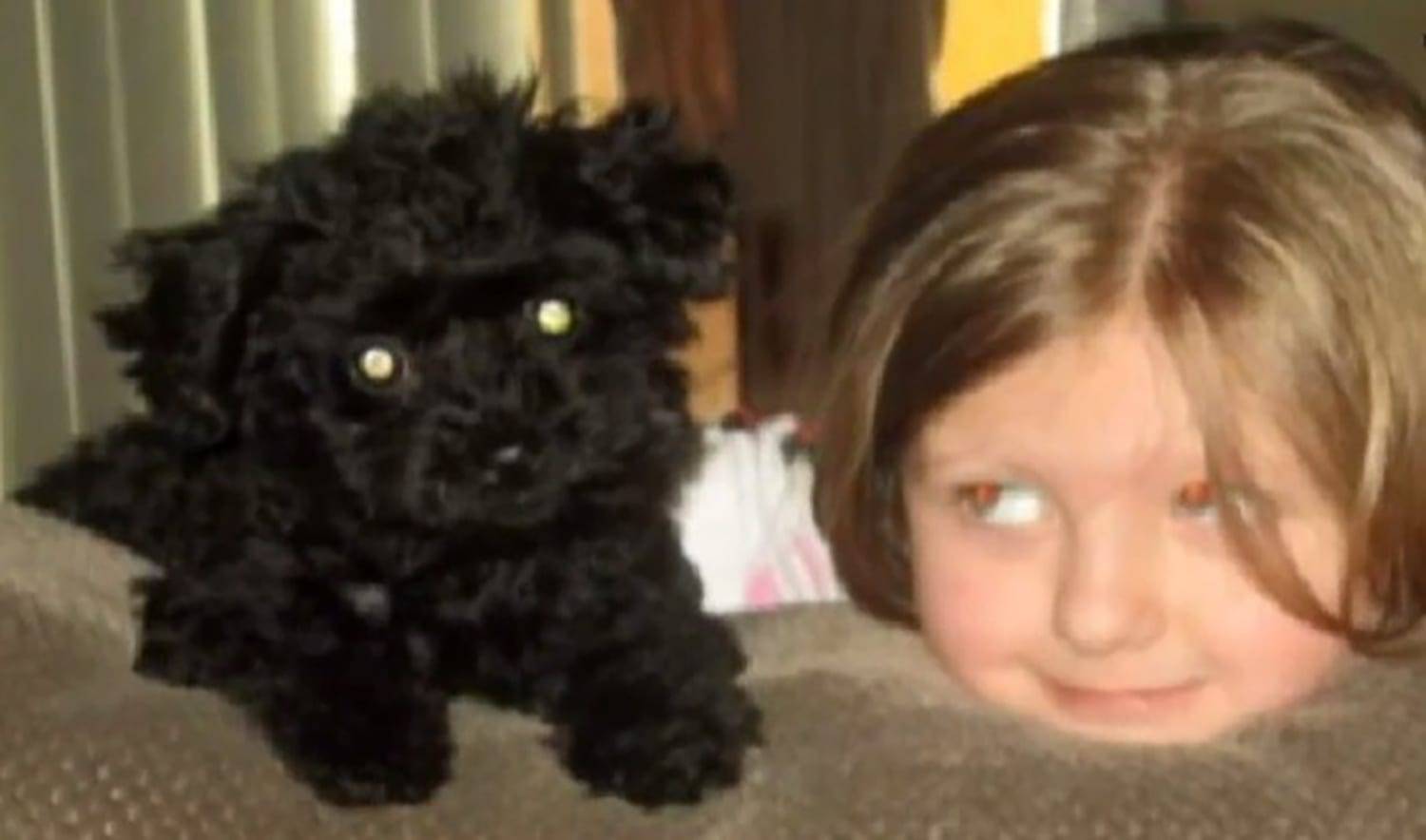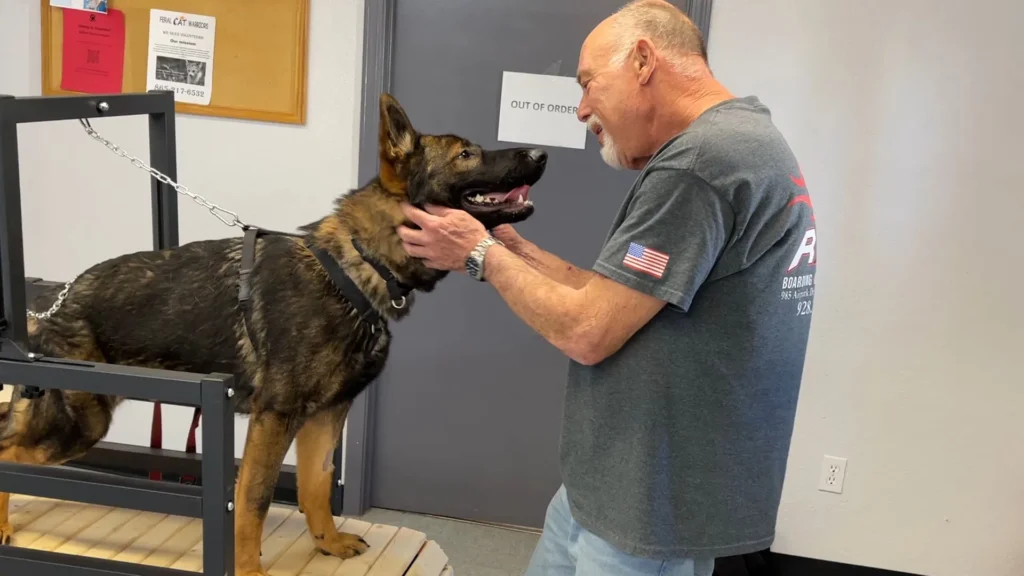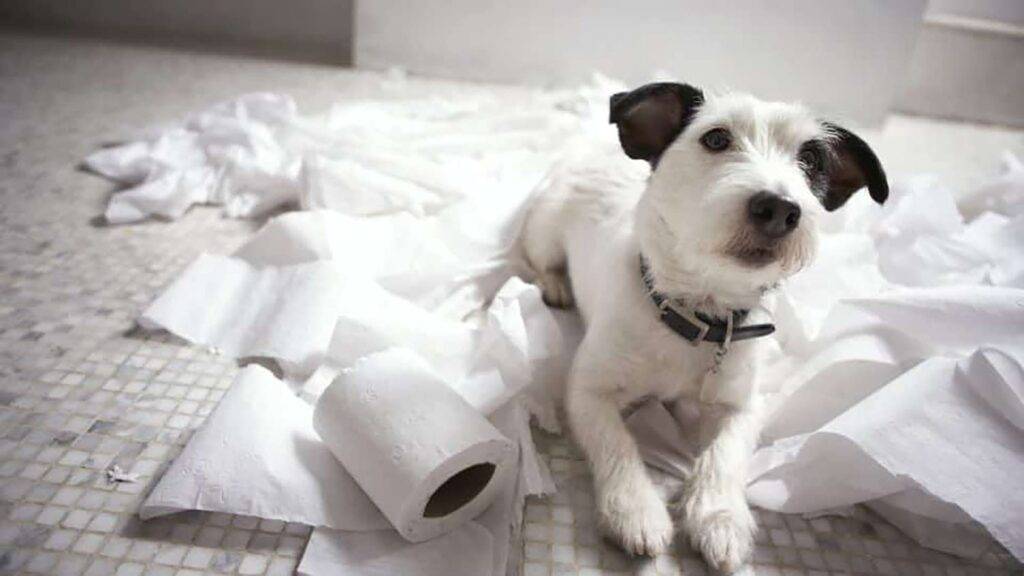Dogs have long been considered man’s best friend, but not everyone makes the choice to own a canine. Swedish and British researchers recently conducted a study at Uppsala University that examined why some people are more likely to own a dog than others. They found a link between a person’s genes and their decision to get a dog.”We were surprised to see that a person’s genetic makeup appears to be a significant influence in whether they own a dog,” said Tove Hall, the study’s lead author. “These findings have major implications in several different fields related to understanding dog-human interaction throughout history and in modern times.”The study examined 35,035 pairs of twins from the Swedish Twin Registry, the largest twin database in the world. Twins are popular study subjects because of their genetic similarities. Identical twins share their entire genome, while non-identical twins share, on average, only about half the genetic variation. In comparing dog ownership rates among twins, researchers found that within identical twin pairs, both twins were more likely to own a dog. It was less likely that both twins owned dogs among non-identical pairs. These findings support the view that genetics does play a role in dog ownership.”These kind of twin studies cannot tell us exactly which genes are involved, but at least demonstrate for the first time that genetics and environment play about equal roles in determining dog ownership,” said Patrik Magnusson, another of the study’s authors. “The next obvious step is to try to identify which genetic variants affect this choice and how they relate to personality traits and other factors such as allergy.”The study may also have important implications for understanding the impact of pet ownership on health. Its researchers said that the supposed health benefits of owning a dog may actually be attributable to differences in people’s genetic profiles. For these scientists, this study is just another step towards understanding the complex relationship between humans and canines.
